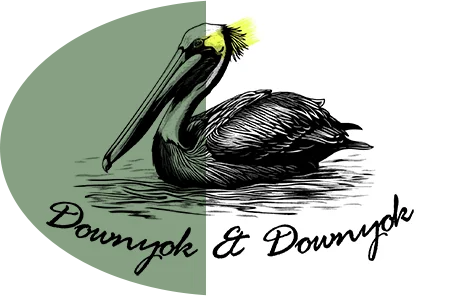Nearly every divorce involves some level of conflict, but a high-conflict divorce goes beyond normal arguments and can even lead to safety concerns. These cases might include name-calling, threats, and sometimes physical violence. If domestic violence is a factor in divorce, legal action might be necessary to protect one party or the children.
Domestic Violence and Divorce
Florida law defines domestic violence as criminal acts like assault, battery, stalking, kidnapping, or any offense that causes physical harm, that happen between family or household members. If your spouse hits you, threatens you, stalks you, or harms you in other ways, that could count as domestic violence. Controlling behaviors like blocking access to money or isolating you might not fit the legal definition of domestic violence, but they could still support your case. The court may respond by modifying custody, limiting contact, or granting you a protective order.
Seeking a Protective Order (Injunction) in Florida
If you fear for your safety, you can file a request for a protective or restraining order, which is called an injunction for protection in Florida. A judge can review your request the same day and may issue a temporary order right away. That order can block your spouse from contacting you, living with you, or going near your home, school, or workplace. Later, you’ll attend a hearing where the judge decides whether to make the order final.
What Happens After an Injunction Is Granted?
Once a judge grants a protective order, it becomes legally binding. Your spouse must follow every term or face arrest. Police can serve the order and help enforce it. If the order tells your spouse to move out or stop contact, they must comply. The court can also limit custody or require supervised visits with children. Injunctions remain active until a judge changes them or sets an end date. You can ask the court to change or extend the order if necessary.
How an Injunction for Protection Could Affect Your Divorce Case
An injunction could change how the court handles your divorce in several ways. If you have children, the court may stop shared custody or allow only supervised visits. The judge may block direct contact between you and your ex, so all communication would have to go through lawyers or third parties. If your spouse loses access to your home, the court may give you temporary exclusive use of it. Judges may also look at abuse claims when dividing assets or deciding on support arrangements, although this is not common and only permitted under fairly specific circumstances.
How a Lawyer Can Help in a High-Conflict Divorce Involving Domestic Violence
If you’re dealing with a high-conflict divorce, you might worry about your safety, your children, or how the court might handle your case. An experienced divorce lawyer can address your concerns and take the pressure off you by:
- Preparing and filing your divorce petition
- Gathering evidence of abuse, threats, or controlling behavior
- Requesting a temporary or final injunction for protection
- Responding to false claims made by your spouse
- Speaking on your behalf at court hearings
- Asking the court for a safe and fair custody arrangement
- Handling all communication with your spouse or their lawyer
- Asking the court to give you exclusive use of the home
- Fighting for your share of property, money, or support
- Requesting supervised visitation if your spouse poses a danger
- Keeping track of all deadlines and court requirements
- Explaining what to expect at each stage of your case
Contact a Florida Divorce Attorney Now
Remember, you don’t have to handle a high-conflict divorce on your own. If you’re facing threats, looking for a protective order, or trying to protect your children, talk to someone who can help you take action. The divorce attorneys at Downyok & Downyok, P.A., handle these cases every day. Contact our firm today to arrange your initial consultation. We’ll listen closely, develop a customized legal plan, and help you move forward.

